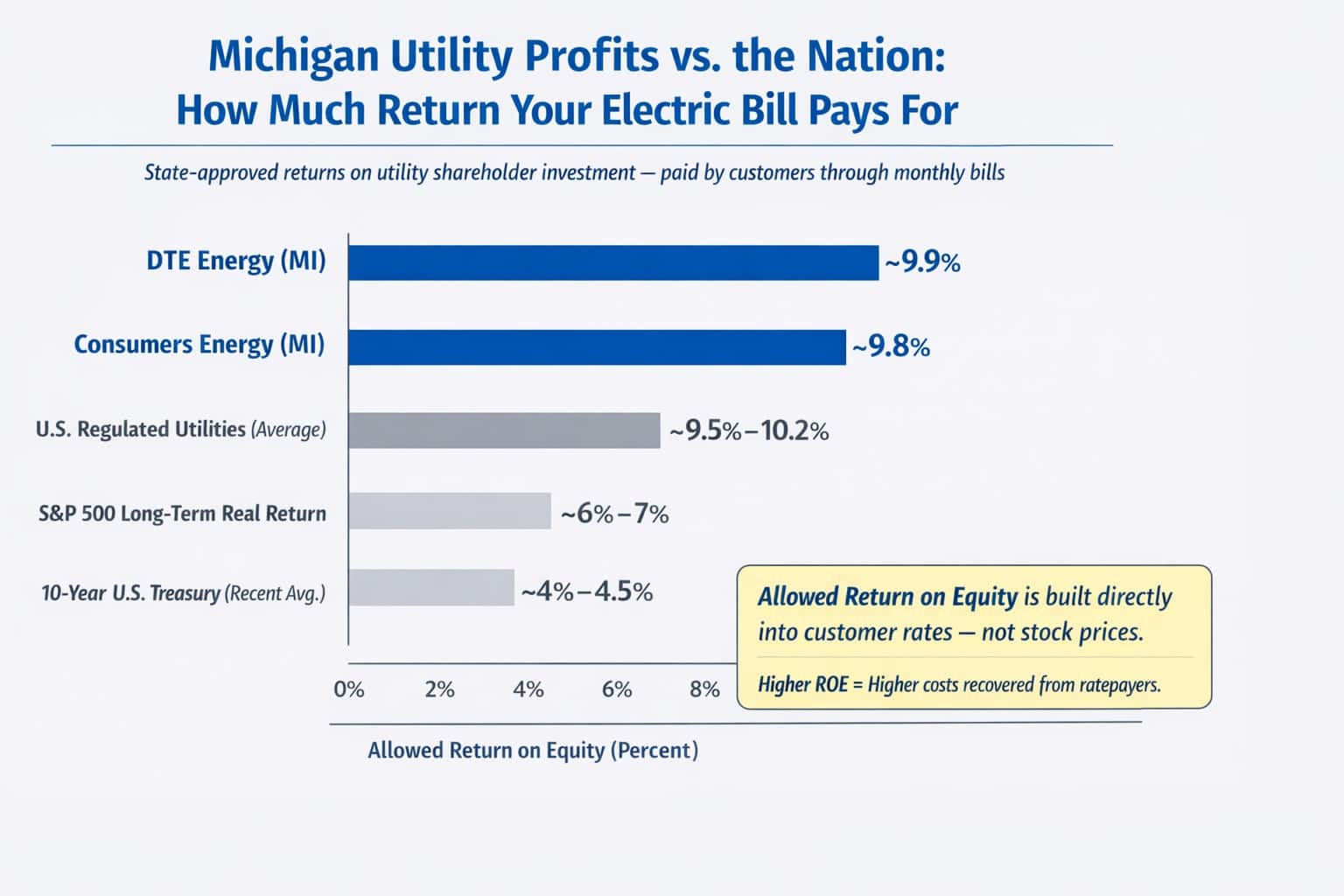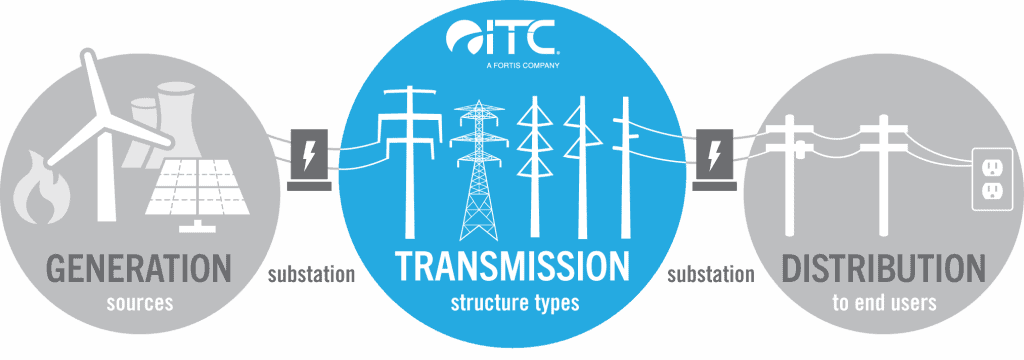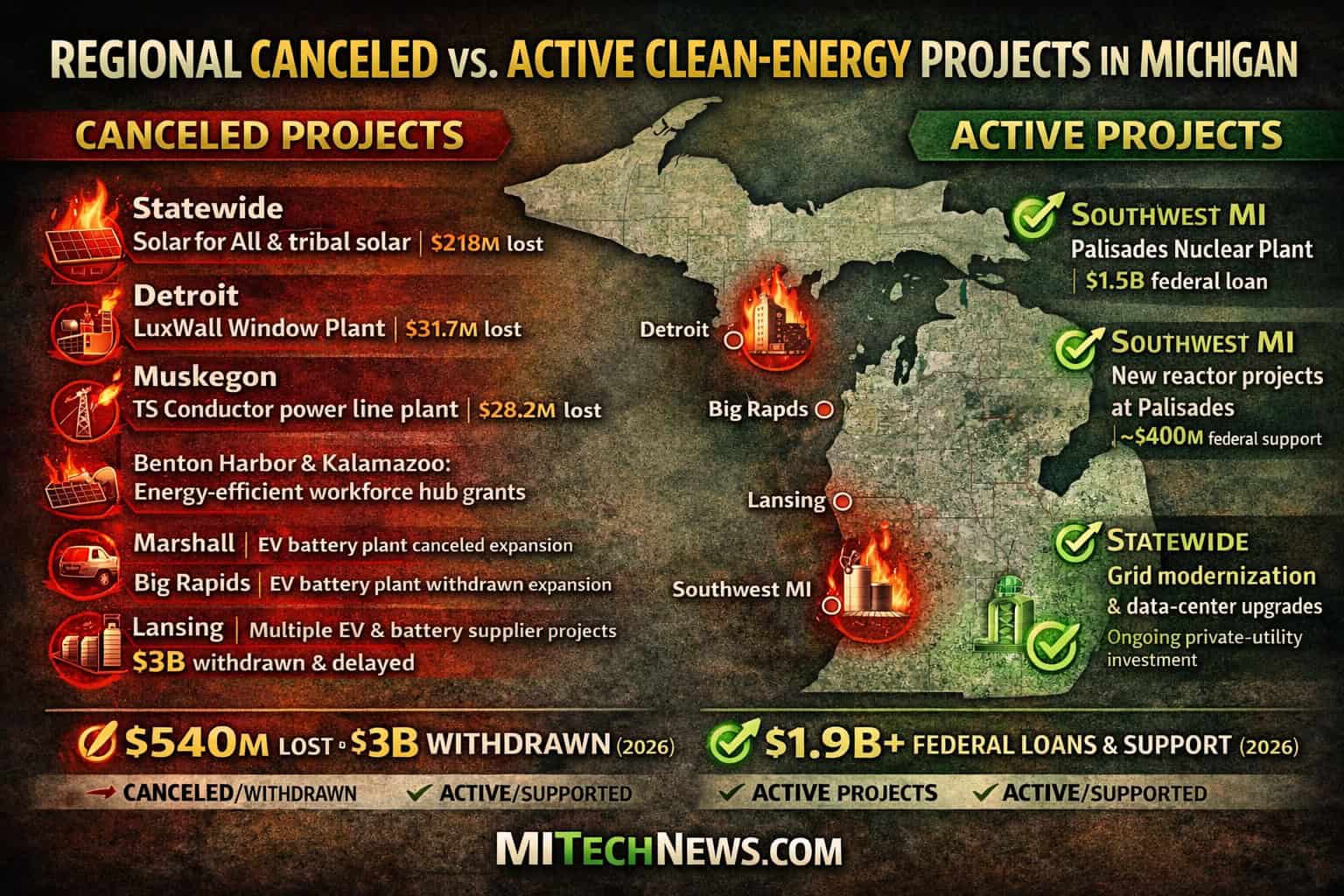ARIZONA – A major solar manufacturer has shut down its U.S. facility before production fully took off — a move that has sparked backlash and renewed concern over the country’s ability to support clean energy jobs. One culprit cited was the Trump Administration’s cancellation of solar credits.
What’s happening?
As Electrek detailed, Swiss solar company Meyer Burger closed its Arizona factory in May and laid off 282 employees after stating it couldn’t secure the funding necessary to continue operating.
The Goodyear facility was supposed to produce 1.4 gigawatts of solar panels annually — enough to power hundreds of thousands of homes — but the company never reached full production.
Meyer Burger blamed a severe lack of funds, worsened by a canceled 5-gigawatt supply agreement with cleaner energy investor D.E. Shaw, and fierce competition from Chinese imports.
On June 27 — just weeks after the shutdown — Meyer Burger’s U.S. branch filed for Chapter 11 bankruptcy, following insolvency proceedings for its parent company in Germany.
Reactions have been intense — and not just from workers. One commenter on Electrek summed up a growing concern: “It won’t be much longer before more companies follow. Future investment in the U.S. by foreign companies? Notta.”
Why is this facility shutdown concerning?
This shutdown is a blow not just to workers in Arizona but to a broader push for clean energy in the U.S. The Goodyear factory was part of an effort to shift solar production away from heavily subsidized Chinese supply chains and create sustainable American jobs in the process.
However, a lack of clear, timely support left Meyer Burger stranded — and it highlights a deeper issue facing the U.S. clean energy sector.
Following the passing of the Big Beautiful Bill, many clean energy incentives from the Inflation Reduction Act are set to be phased out. The removal of these benefits could have a disastrous impact on green-energy companies.
When clean energy projects like this fall through, the ripple effects extend beyond job losses. Delays in scaling up domestic solar production slow the country’s ability to cut climate pollution. That means we remain reliant on dirty fuels longer, and the window to meet emissions targets gets narrower.






